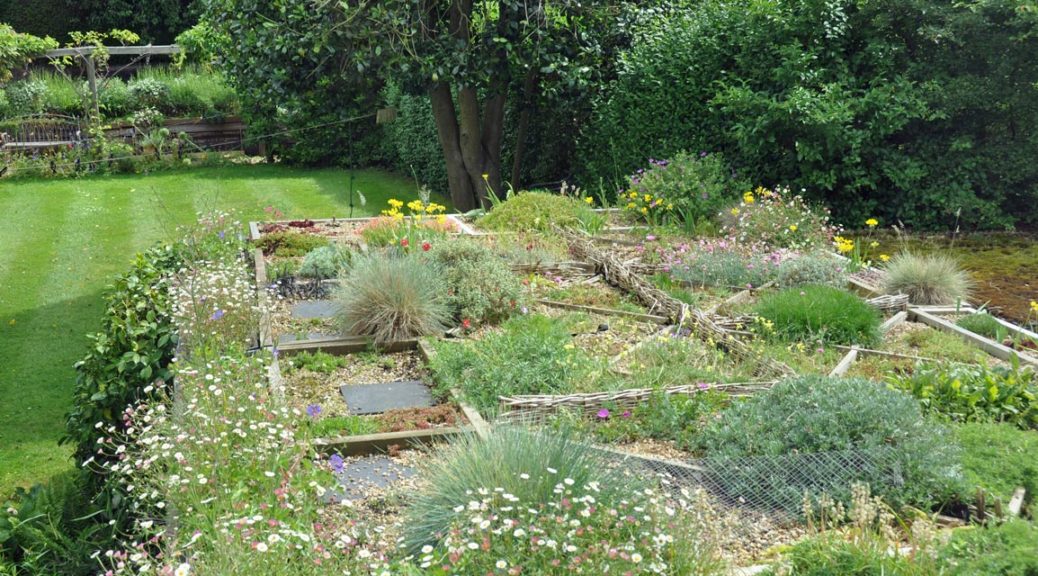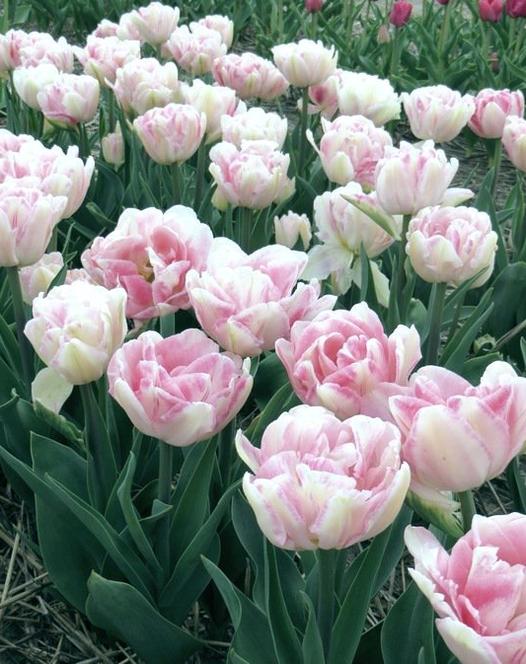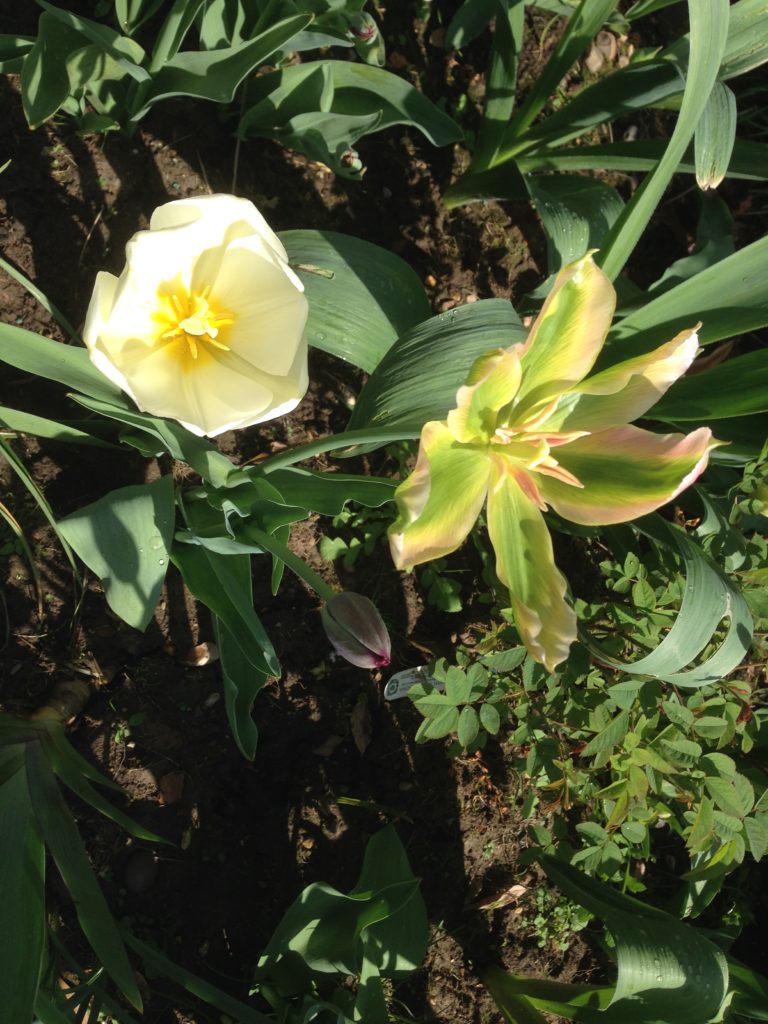Couples can fight about anything, but arguments about money have a tendency to be particularly toxic, since they’re layered with deep emotional and personal history.
In fact, researchers have shown there’s a direct relationship between the number of times a couple has argued about their budget per month and their divorce rate.
Despite this, or maybe because of it, people tend to avoid financial talks with their partner. While standard marital advice has us studiously marking out “date nights” on the calendar to keep passion alive, there’s no phrase for scheduling nights to preserve fiscal harmony. We need to invent some new traditions.
Our attitudes about money begin in childhood, starting with your parents’ behavior around spending and saving, according to the experts.
My drive to financial independence formed as a kid found comfort in building up a financial safety net, a rather obsessive need to count the pennies and be on top of every bank account and budget, fostered by training as an accountant. My partners bone-grindingly poor childhood has left him unable to even contemplate our finances without a built up of anxiety. He will never feel himself to be financially secure whatever the financial reality. Conversations about retirement and pensions can be fraught.
“Your first money memories were created when you understood money was more than just a toy,” said Suze Orman, the financial expert and author of “The Money Class.” After that moment, your attitude became shaped by a series of firsts, including your first allowance, first paycheck, first big-ticket purchase, first major money loss and so on. Understanding our financial history is a key step in achieving financial harmony with another person.
In other words, just as you exchanged your romantic history with your partner, share your back story when it comes to money.D
Money, like sex, is an intimate subject, and we’re coached from an early age to be secretive about it. It’s hard to break that habit and let someone else in, and inviting another person into your pocketbook can mean risking judgment. (“You spend how much on avocado toast?!”)
Revealing your finances also means losing some autonomy. Many of us see our bank balance as the ultimate achievement of independence. But while sharing this information may make you vulnerable and accountable, you’ll also gain a new openness in your relationship.
Consider financial date nights as a moment to unburden yourself. In these discussions, “fear, shame and anger are the three internal obstacles,” Ms. Orman said.
These feelings can multiply, leading to “cycles of shame and spending.” (Picture a closet full of unused Amazon purchases or an online poker habit.) But voicing that burden, and being met with acceptance and love from your partner, can put you on the path to healing.
If you’re on the receiving end of a confession from your partner, remember that having a common enemy is incredibly bonding. Teaming up to face something like student loan debt together can unite you, and these financial date nights give you the opportunity to be in the trenches together.
If you’ve found a system that works for you — like using only cash for purchases, money-tracking apps or a swear jar — don’t assume it will work for your spouse.
Gretchen Rubin, a habits expert and best-selling author, believes you should avoid the mentality that “if your spouse would just do it the way you did it, then problem solved.” Some of the deepest discords can occur when you shoehorn your approach onto your partner. It doesn’t work for sex and it won’t work for money.
Ms. Rubin has identified several character traits that shape people’s habits and perspectives. One of the trickiest is the “rebels” who want to buck the rules. While rebels won’t respond well to Excel spreadsheets and budgeting mandates, they can get on board with other approaches.
“Rebels like a challenge,” Ms. Rubin said. “They like to do things in unconventional ways. You could say to them: ‘Let’s do something crazy! Let’s try to spend $10 a day for the next three months!’” and they will eagerly get on board.
Another personality group, “questioners,” needs to do its own research before committing. Before signing up for an investment, for instance, a questioner might want to see a chart showing the compound interest the account would earn.
“Obligers” seek outer accountability, so framing a financial step as a way to set a positive example for their children could motivate them. Give your partner room to zero in on his or her own approach to your shared goals.
A budget can seem like drudgery: a forced diet on your spending buffet. But budgets aren’t just about reining in your wallet; they’re also about deciding where your money will go, road maps to shared destinations. So financial date nights or discussions should include talking about the dreams you’d like to realize with your income. What are you saving for?
“You should talk about your financial future,” Ms. Orman said. Escaping the weight of debt? A European getaway? A three-bedroom house? A pair of matching hoverboards? These are all dreams you can save toward.



















